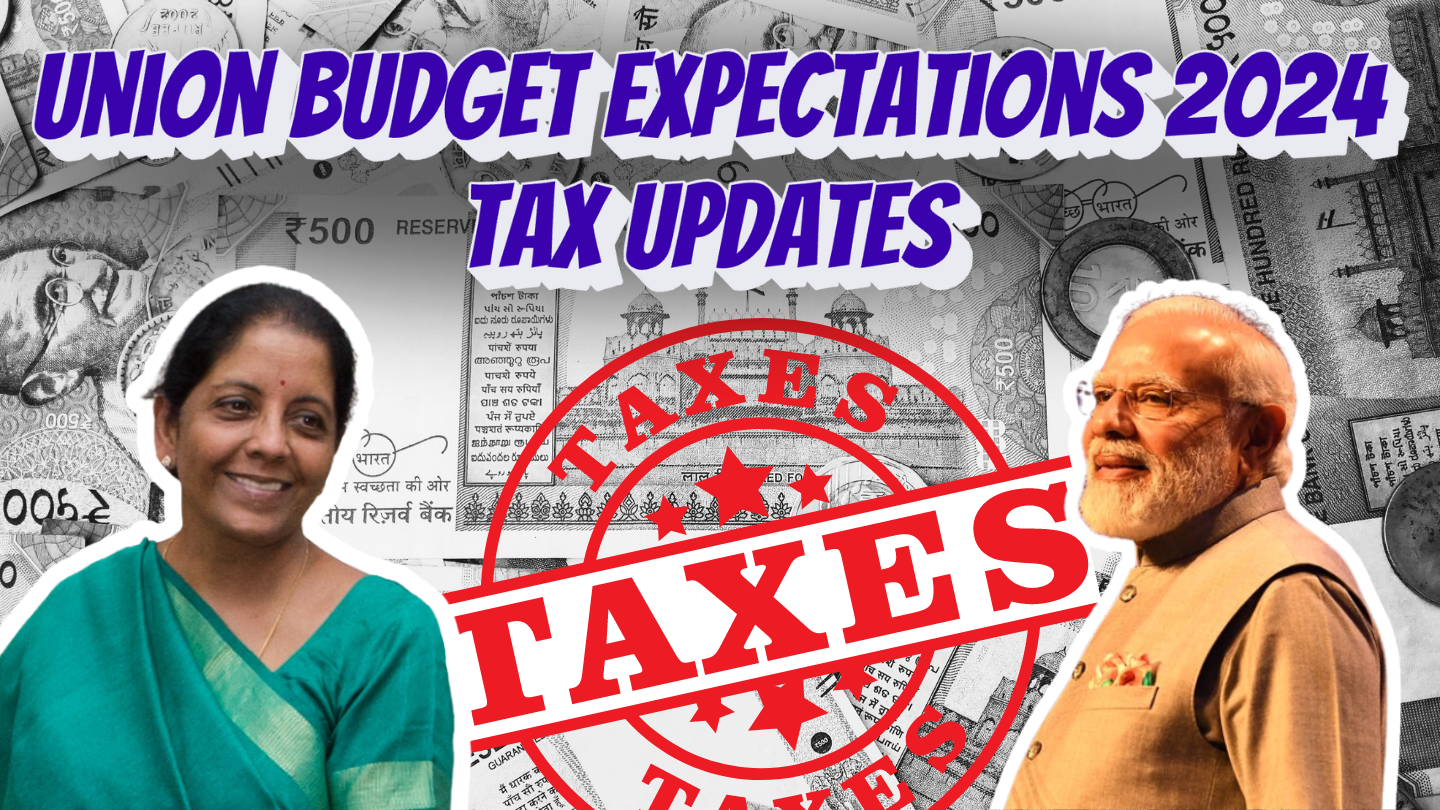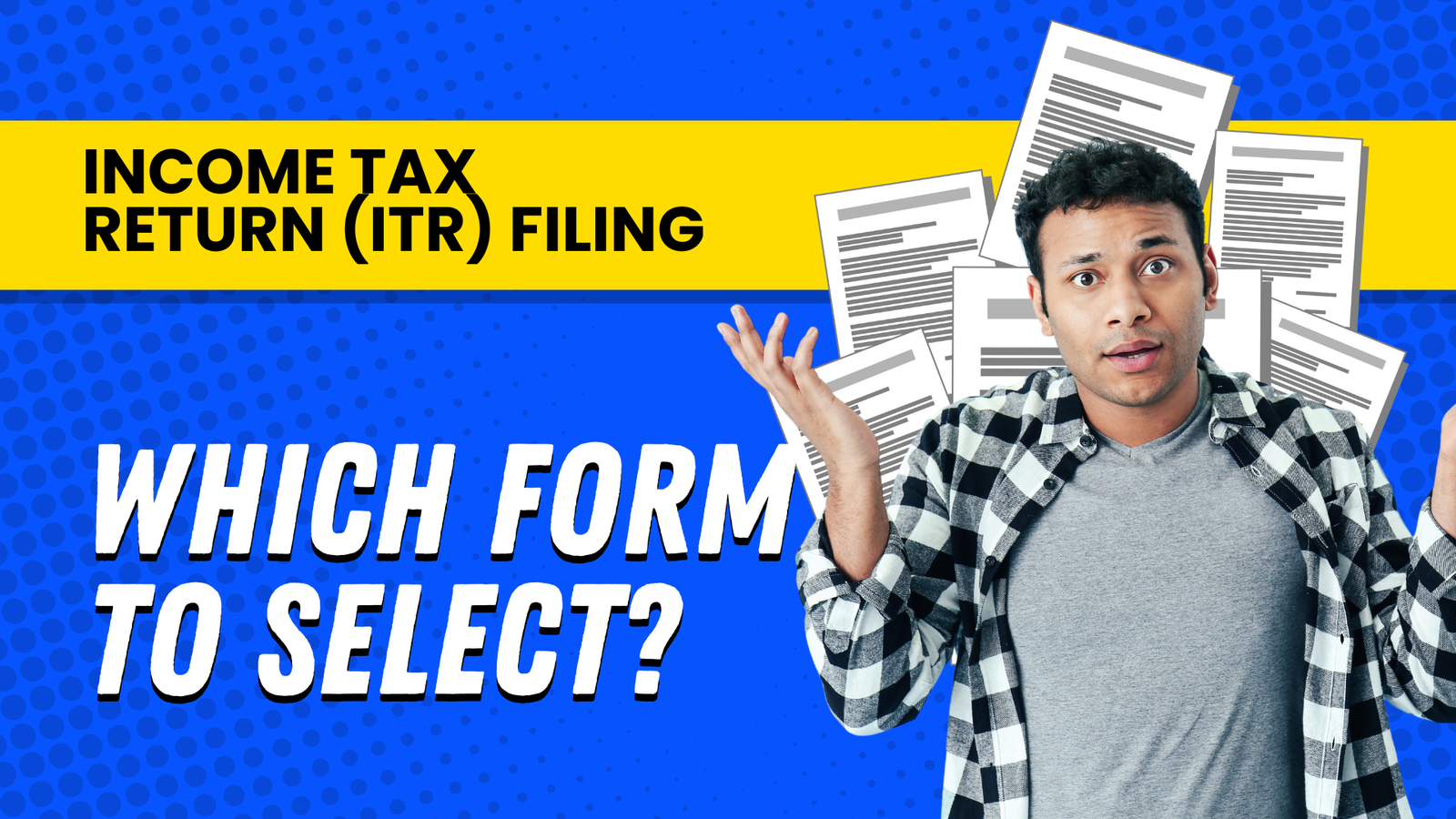Must Need Business Documents | Part 3 | LawWiser
Must Need Business Documents | Part 3 | LawWiser
Here is the 3rd Part of the video where we discuss the other documents that are required for starting your business.
Board Resolutions – The first document we are discussing is crucial because all the important decisions of businesses are made through it, which is called Board Resolutions. These are the decisions made during board meetings and are documented there for further reference. These resolutions can significantly impact the company in various cases, such as appointing a new board member for the purpose of expansion, resource allocation, selling company shares, or any other major decisions that can affect the company.
ESOPs Agreement – ESOPs, also known as Employee Stock Option Plans, are stocks offered by the company to its employees at discounted prices. This helps in retaining employees in the long term. The agreement includes details such as the number of shares allotted, the employee’s name, the strike price of the stock, and the vesting schedule.
Accounting Agreement – This document represents the mutual understanding between the bookkeeper and the company, discussing the services and agreements. This agreement can be used on a one-time or retainer basis.
Franchise Agreement – Franchise means sourcing your business operations based on the terms of the franchiser, and these terms remain standard across all franchises. This agreement is documented and signed in the form of an agreement. It is a mutual contract between the franchiser and the person who wants to enter the franchise agreement. This is one of those types of documents that your business can use to expand.
Trademark – Trademark is an intellectual property document that helps differentiate your brand from others in the market. It can be in the form of a sign, phrase, or symbol and can be associated with a product, brand, service, or company.
Compliance Documents – Many organizational processes need to meet certain set standards, and these fall under the category of compliance documents. Compliance documentation includes agreements, reports, registrations, renewals, and other critical documents required in the event of a compliance verification inquiry.
Vendor Agreements – These are mutual agreements written between the company and its vendors. They detail the scope of services, compensation, tenure of the assignment, privacy policy, confidentiality statement, working conditions, and obligations.
Client Agreement – A client agreement is a crucial document that outlines the services provided to clients and lists terms of payment, dispute resolution, liabilities, and termination clauses. It also defines the expectations and obligations of the parties involved.
This concludes our last video. Let us know in the comments what you think about these documents from a business user’s perspective, and we will try to create a video based on the most common answers.











